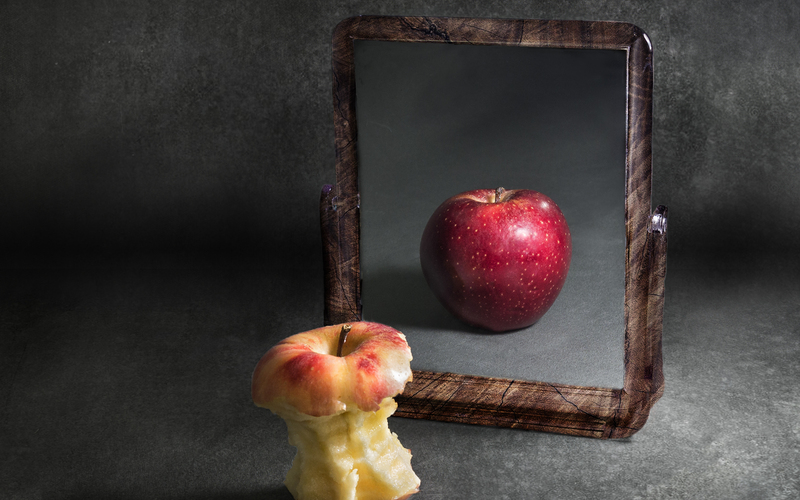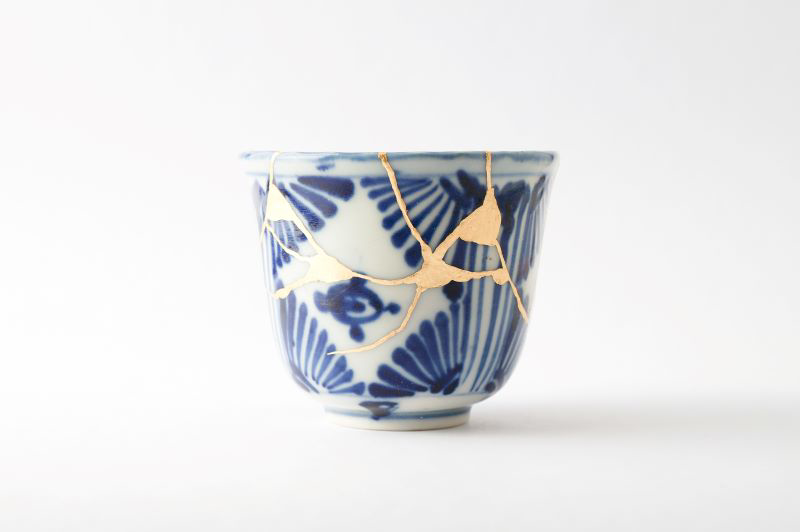The Power of a Little Leaven
Sign up for a six month free
trial of The Stand Magazine!
I love to bake.
I whip up cupcakes, pound cakes, cookies, and other sweet treats in my spare time. But my favorite thing to bake is bread.
The process of making bread is so soothing to me. Two years ago, I got on a super health kick and stopped buying store-bought bread. As I started reading the ingredients on the store-bought label, I was shocked to learn that mine at home only had three to five ingredients at most, while the one I bought had more than 10, including preservatives. But life after a baby has made me resort to keeping a loaf of sandwich bread on my grocery pickup order.
Nevertheless, this hobby of baking bread taught me much about yeast and its effect on the loaf.
Answers in Genesis explains in great detail what yeast is and how it relates to the Bible. In an article, they shared, “They are the first microorganisms referred to in Scripture in wine (Genesis 9:21) and as leaven in bread (Genesis 19:3), thus can be traced back at least 4,300 years. They burst with life as they give off carbon dioxide in the growth and fermentation process.”
But if they don’t “burst with life” before baking, there will be no bread.
When working with yeast, the essential part is ensuring that the yeast “activates.” This happens when you mix warm water, a few teaspoons of instant or active store-bought yeast, and sugar. During this process, you must wait until the yeast “blooms” before adding anything else. If, after 10 minutes, that mixture looks the same as when it started, that means the yeast did not activate.
This can be caused by the yeast being out of date, your water not being warm enough, the water being too hot, or even forgetting to add that spoonful of sugar to help feed those hungry fungi. But if the yeast doesn’t bloom or activate after that 10-minute timer, the bread will not rise. Not being caught at this stage can lead to much hard work and no morning toast.
Make no doubt about it! The power of those few teaspoons of yeast is monumental in bread baking.
It doesn’t take a whole lot of yeast to make the entire batch of bread rise, or as Paul states in Galatians 5:9, “A little leaven leavens the whole lump of dough.”
In the same regard, our attitudes, choices, and decisions can be significant in the grand scheme of our daily lives. Adding a little bit of Jesus to our day can make the day and help those around us. Or, if we forget to add Him in, chaos can happen just as easily.
In 1 Corinthians 5:6-8, Paul again mentions this microorganism's power. He writes:
Your boasting is not good. Don’t you know that a little yeast leavens the whole batch of dough? Get rid of the old yeast, so that you may be a new unleavened batch—as you really are. For Christ, our Passover lamb, has been sacrificed. Therefore let us keep the Festival, not with the old bread leavened with malice and wickedness, but with the unleavened bread of sincerity and truth.
Likewise, when it comes to life and the choices made, we get what we add in.
I wouldn’t get a risen loaf of bread if I hadn’t added that yeast. And if I had forgotten to add the flour, I would have a pile of goop.
If we allow the sinful things of the world to enter our minds and hearts, we will also fail in our marriages, relationships, jobs, and other endeavors. Even a little lie, unkind word, or destructive action keeps us from living in unity with the One who really matters, and it can also separate us from those we know and love.
After all, how can the joy of the Lord fully enter our lives if we spew out such things?
Thankfully, though, He is that little bit of leaven that can help us succeed at living good, holy, life-giving, relationship-building, sin-forgiving lives. If we choose to run to the Lord with joy in our hearts and add Him and His goodness into every aspect of our lives, we can rest in the fullness of His love and grace.

Sign up for a free six-month trial of
The Stand Magazine!
Sign up for free to receive notable blogs delivered to your email weekly.



















